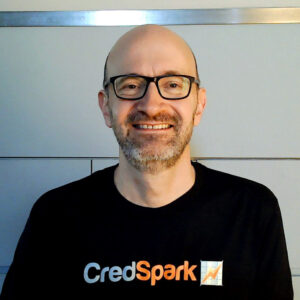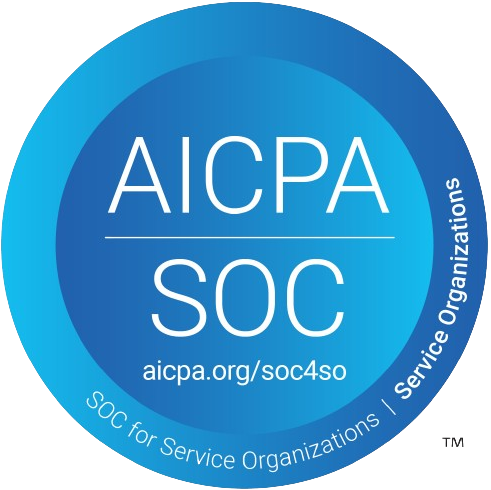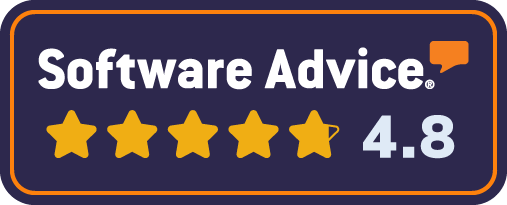The Concept of 'Tight Talent'
You’re probably familiar with the term “fracking,” shorthand for hydraulic fracturing. It involves extracting oil and gas that’s locked inside rock formations, and it’s the biggest innovation in the energy sector of the past twenty years. Though the practice is controversial, the fracking process contains an important lesson for those involved in educating, training, hiring and managing people.
Think about your institution or organization, and your professional networks. They contain rich deposits–not of oil and gas but of skill and knowledge. These talent deposits come in two types. The first is like pooled oil underground, easy to observe directly (e.g. writing ability, interpersonal skills) or identifiable through diplomas or standardized test scores. These are what I call the Easy-to-Find Talents. The second I call Tight Talents because they are like the so-called ‘tight oil’ locked inside cracks and crevices of underground rock–until recently, much harder to find and more expensive to extract.
Just like energy locked deep underground, talent lies hidden within pockets of your organization and professional network, waiting to be discovered, unlocked, and put to use.
Consider the following scenario: you manage a team that includes a woman who runs a niche, rather obscure software application critical to your business and a man responsible for your brand’s social media presence. On the same day the woman resigns and your boss strongly suggests you fire the man for an inappropriate Facebook post about your major competitor.
What do you need? You need to tap into your network to find someone with an obscure technical knowledge set and someone else who understands the nuances of assertively promoting a brand without risking a libel lawsuit. There’s no diploma for these skill sets. But there may be a test, certificate, or some form of credential.
How Do We Unlock Tight Talent?
People Analytics is a hot topic for start-ups, industry alliances, and established firms whose shared goal is to find and unlock the harder-to-find talent. Some organizations are building a common digital infrastructure for issuing, sharing, and verifying credentials that exist below the diploma level–sometimes called “digital badges.” Others are developing games or software simulations to measure raw cognitive processing ability or higher-order thinking or so-called “soft skills.” At CredSpark we’re unlocking Tight Talent by enabling the creation and sharing of highly-targeted tests of knowledge and skill designed by credible industry experts.
Collectively, the organizations referred to above are helping all of us begin to get beneath the Easy-to-Find Talents to unlock the tremendous human capital that’s currently not being accessed. These innovations will dramatically alter the economy in the near future.






